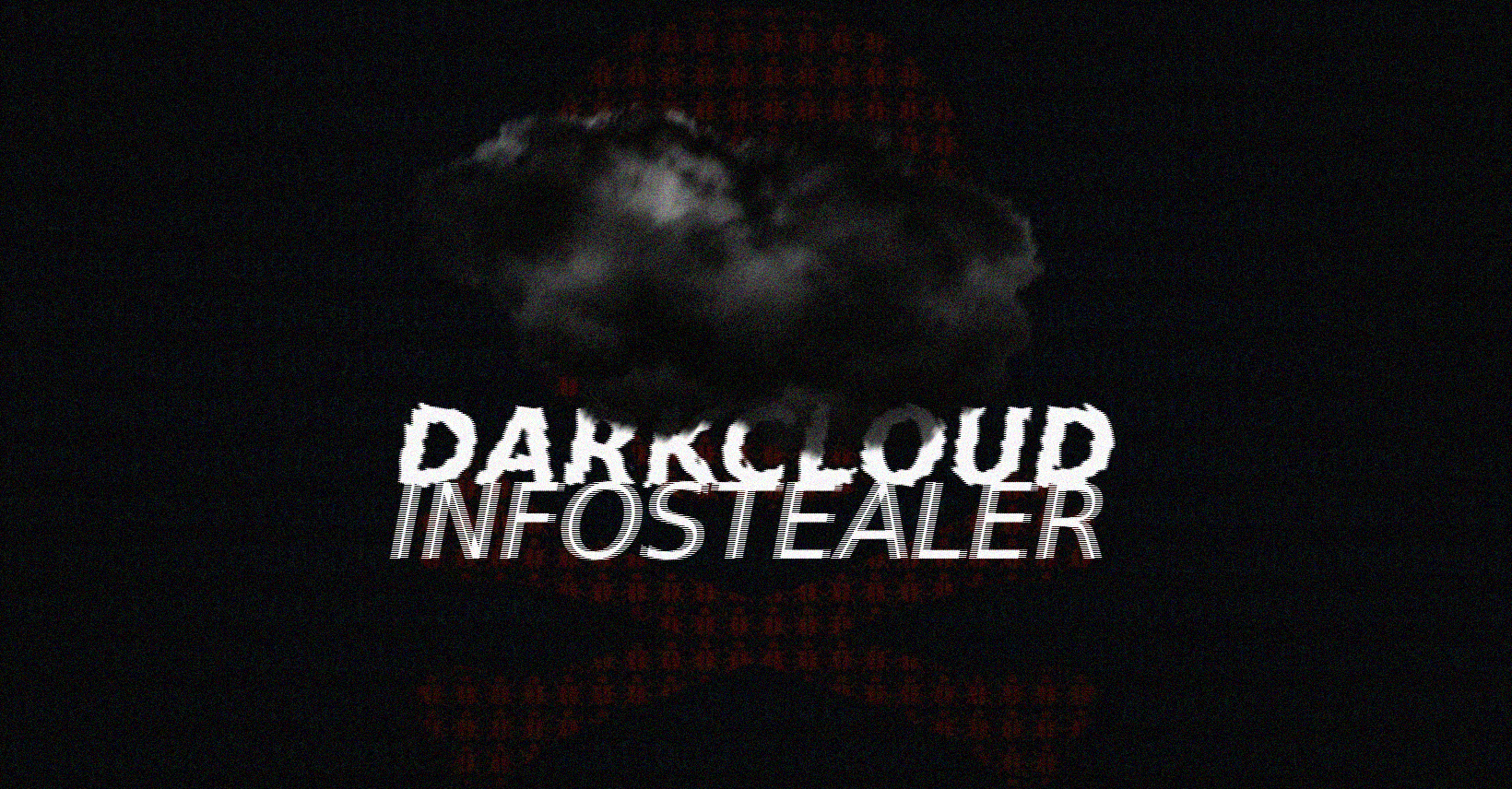A massive data exposure at Rockerbox, a Texas tax consultancy, has left sensitive client information vulnerable. Cybersecurity researcher Jeremiah Fowler uncovered this Rockerbox tax leak, sparking urgent concerns about identity theft. Let’s dive into how it happened, its fallout, and how to stay safe.
Exposed Database: A Hacker’s Jackpot
Jeremiah Fowler stumbled across a 286.9GB database in July 2025, containing 245,949 unencrypted records from Rockerbox, a firm handling tax credits like WOTC and ERTC. Social Security numbers, driver’s licenses, DD214 military forms, and employment details were left wide open, with no password protection. Even protected PDFs had filenames exposing names and employers, making it easy for hackers to exploit Hackread.
Rockerbox works with industries like retail and healthcare, managing sensitive data for thousands. A New York retailer discovered its employees’ SSNs in the leak, triggering fraudulent tax filings. The data’s organized format—neatly packed in CSV files—lets criminals target victims with surgical precision. Fowler secured the database after alerting Rockerbox, but their silence on the breach leaves questions unanswered. How long was this data exposed, and who else got their hands on it?
Identity Theft and Trust at Risk
This Rockerbox tax leak is a recipe for disaster. Exposed SSNs and DD214s are gold for identity thieves, who can open credit lines or file fake tax returns in minutes. A 2024 Equifax breach showed how leaked PII fueled $10 million in fraud, and this could be worse, with 44 million SSNs at risk vpnMentor. A Michigan veteran faced unauthorized loans after his DD214 surfaced, showing the human toll. Recent trends show how structured, stolen data often ends up for sale on underground markets — as seen in our coverage of the 2025 dark web credential crisis.
Businesses aren’t spared. Leaked client data can spark phishing attacks or ransomware, especially for small firms with tight budgets. Clients are losing faith—X posts reveal companies ditching Rockerbox over this blunder [CyberSecInt]. Non-compliance with CCPA or GDPR could mean hefty fines, crushing smaller businesses. When a tax firm can’t protect your data, who can you trust?

Screenshot (via Hackread | vpnMentor)
Fighting Back: Secure Your Data
You can blunt the Rockerbox tax leak fallout with quick action. Freeze your credit at Equifax, Experian, and TransUnion to stop fraudulent accounts. Use authenticator apps like Authy for MFA, not SMS, which hackers can hijack. Check for leaks with tools like Malwarebytes’ Digital Footprint Portal, and watch bank accounts for odd charges.
Businesses should grill vendors like Rockerbox on security practices, demanding encrypted databases and access controls. Deploy intrusion detection to catch breaches early, and train staff to spot phishing emails. Dark web monitoring, like Flashpoint’s, can flag exposed data before it’s used. The 2023 H&R Block breach proved fast credit freezes cut fraud losses.
Cloud Security’s Wake-Up Call
The Rockerbox tax leak screams one thing: cloud security needs work. IBM’s 2025 data shows 65% of breaches stem from misconfigured databases, like Rockerbox’s unprotected server. Small firms argue they lack resources, but encryption and audits aren’t optional when handling SSNs. Stronger regulations could force better practices, though enforcement lags. Why do companies keep gambling with client data? The AT&T breach earlier this year showed how recycled data leaks can resurface and amplify damage — and Rockerbox now joins the growing list of firms caught unprepared.
The Rockerbox tax leak lays bare the dangers of sloppy cloud security, putting SSNs and tax records at risk. Freeze your credit, use strong MFA, and push vendors for better protection.





